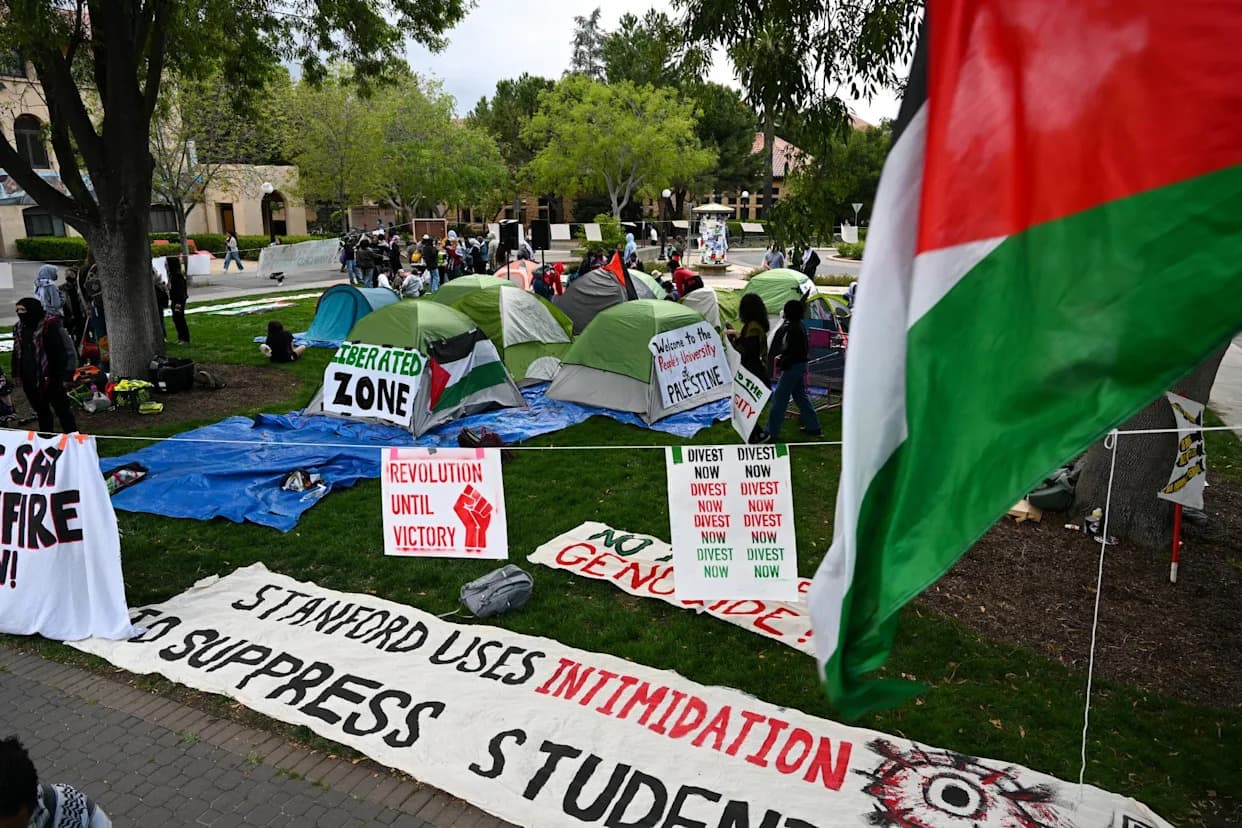The world’s first criminal trial focused on deliberately starving civilians is underway in Koblenz, Germany. Five men linked to the Assad regime face charges including torture and murder, and one is additionally accused of ordering starvation as a weapon of war. Prosecutors must prove not only that starvation occurred but that it was intended to harm civilians—a difficult legal standard. A conviction would set a practical legal precedent and guide future international prosecutions.
Germany’s Landmark Trial to Define ‘Starvation as a Weapon’ — Why It Matters

On a quiet Wednesday morning in Koblenz, Germany, a courtroom opened for a case that could reshape how international law treats one of war’s oldest and most devastating tactics: deliberately depriving civilians of food.
Although the Geneva Conventions have prohibited the intentional starvation of civilians since 1977, no criminal court has ever fully tested and defined that prohibition. For the first time, prosecutors, judges and witnesses will attempt to determine what it means, in law and in fact, to use starvation as a method of warfare.
What the case alleges
German prosecutors have charged five men linked to the Assad regime: four members of a pro-government militia and one Syrian intelligence officer. Four defendants face counts including torture and murder. One defendant is also charged with the unprecedented allegation of ordering starvation as a weapon of war.
A conviction on that novel count would do more than punish individuals: it would establish a practical legal definition of the crime and offer guidance to future prosecutors seeking accountability for deliberate hunger in conflict zones.
The siege of Yarmouk
The trial will revisit the siege of Yarmouk, a once-thriving Palestinian neighborhood just five miles from central Damascus that had become, by 2013, among Syria’s most tightly besieged districts. What began as a cordon tightened into a blockade: medicine and food were barred, convoys were turned back, and basic utilities vanished. Civilians survived on grass, leaves and animal feed.
“I will tell you the story of one cow,” recalled Kenon al-Qudsi, describing a 10-day effort to smuggle 55 kilograms of meat into the enclave through improvised tunnels later sealed by the regime.
“Without blood bags, you can’t donate or receive blood,” said pediatrician and public-health advocate Annie Sparrow, describing hospitals that lacked blood bags, antibiotics and power. “Treatable injuries became death sentences.”
In 2014, a single humanitarian convoy briefly revealed the scale of the crisis: thousands of gaunt residents emerged amid shattered concrete. The siege continued for four more years; Yarmouk fell in 2018 after a monthlong assault and the remaining population was displaced. Survivors and witnesses have described the enclave as a concentration camp.
Wider patterns and legal challenges
Yarmouk was not unique. Similar sieges occurred across Syria, including in Duma and Zabadani, and observers say the use of hunger as a weapon has reappeared in conflicts from Gaza to Sudan, Yemen to parts of Ukraine. Modern warfare’s urban character makes prolonged sieges and systematic deprivation more likely and more lethal.
Prosecutors face a steep legal burden. They must show not only that starvation occurred, but that it was intended to affect civilians rather than only combatants. That requirement—proving intent—poses complex evidentiary and doctrinal questions.
As scholar Alex de Waal observes, intent can be indirect: commanders may “know starvation will occur in the normal course of events—and nevertheless choose not to prevent it.” Establishing whether that knowledge and choice amount to criminal intent will be central to the case.
The outcome in Koblenz could reverberate far beyond Germany. A conviction would help shape how international tribunals, including the International Criminal Court, interpret and prosecute the deliberate use of hunger in war. It will test whether modern justice can encompass a tactic that is simple, devastating and historically persistent.
In Koblenz, five men now stand trial. Millions of victims—past and future—are watching to see whether the law can finally catch up with starvation as an instrument of war.
Help us improve.


































